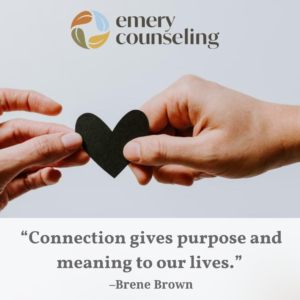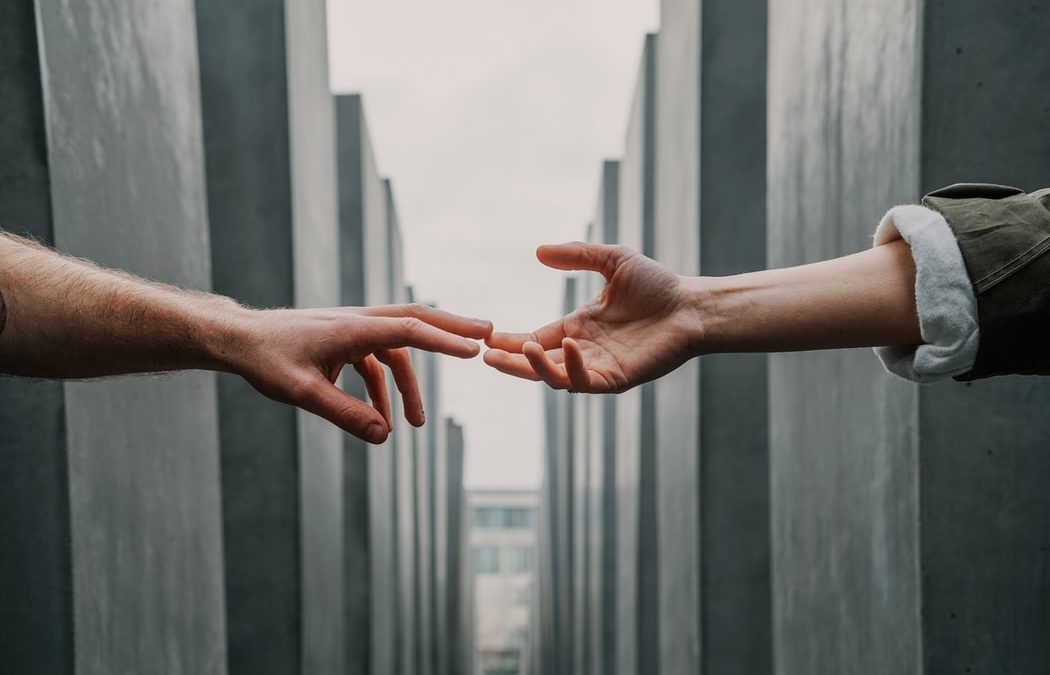
Former Surgeon General Vivek Murthy has stated that we were in a “loneliness epidemic” even prior to entering into the COVID-19 epidemic. The quarantining that comes with COVID-19 just adds another layer to this phenomenon by which we are removing ourselves from interconnectionat the price of our wellness.
The World Health Organization has announced that one of the many consequences of the COVID-19 pandemic will be a worldwide crisis in mental health. (We do have some data to go off here.) A 2003 study of the SARS virus found that “quarantined persons…exhibited high prevalence of psychological distress, with PTSD observed in almost 30% of cases. The longer someone was isolated, the greater their chance of developing PTSD. (I have written a blog on ways to combat the likelihood of developing PTSD symptoms during COVID-19; which you can find in the EC blog archives.)
Social media findings vary by age. A 2008 study found that 18-30 year olds had significantly lowered odds of depression with face-to-face emotional support. Another study found that reducing social media time decreased feelings of loneliness in 18-22 year olds. However, when technology was studied in older adults (including email, Skype and FaceBook), it was linked to lowered rates of loneliness and better psychological outcomes. It seems the key may be in how we use these socially minded,technological tools. When using them to project a “version” of ourselves out into space, we may feel more disconnected. When using them to foster real social connections that, otherwise, we would not be making; they may be a real resource.
In a 2004 large-scale survey, when respondents were asked how many people the respondents could discuss meaningful things with, the most common response received was zero. The percent of Americans who state they are lonely has doubled since the 1980’s.
Additionally, there have been medical studies that show loneliness is linked with negative health outcomes. One scientist stated, “It couldn’t have been clearer” when looking at the genes of those who were lonely in comparison to genes of those who were socially supported. The lonely genes were associated with inflammation (the basis for most disease) and lowered ability to fight viruses. (Say what?) Loneliness is now found to be on par with the medical risks of smoking and obesity. So, we seem to find ourselves in a conundrum.
How do we keep ourselves safe from a virus while not getting too lonely to fight the virus??
Although we may seem to have differing social needs (ie. extroverts versus introverts), positive emotions don’t seem to offset few social interactions. (So, even if people state they are not fazed by isolation, loners don’t seem to be spared the biological results of a solitary lifestyle). It seems the body knows it’s alone and responds.
However, there is something we can do! There was a way the body was “tricked” into combating the physical effects of loneliness! This happened when a person had a sense of purpose and meaning; a sense of commitment to a kind of transcendent goal greater than one’s own immediate gratification. The biology of folks linked to purpose came out on top of the social butterflies!
Thus, in a time of isolation and disconnection breading epidemic loneliness, we can look to care for ourselves in these ways:
1. Safely connect to others.
If you are quarantining with family, take time to connect face-to-face for emotional support. (Also, in office appointments are available at Emery Counseling)
2. Use technology to your advantage!
3. Connect to purpose and meaning!!
Purpose generally means the reason for which something is done or created, the reason for its existence. When applied to work, purpose is our usefulness and our contribution – the reason why what we’re doing exists in the world. This does not have to be at a paid job! Although this can come with a career, it can also come with parenting, volunteering and even gardening! When we think about our impact on others, or directly help someone else, we get a boost of the “happiness trifecta” of neurotransmitters: oxytocin, dopamine, and serotonin. So, take a minute now. Write down some of the things that you are currently doing (or can start doing!) that you believe can make a difference in your family, in your community or in your world. And, just think, by believing you are making a positive difference in your world, you will be making a positive difference in your genes! Thus, increasing your ability to combat illness!! That’s a win for everyone!!


